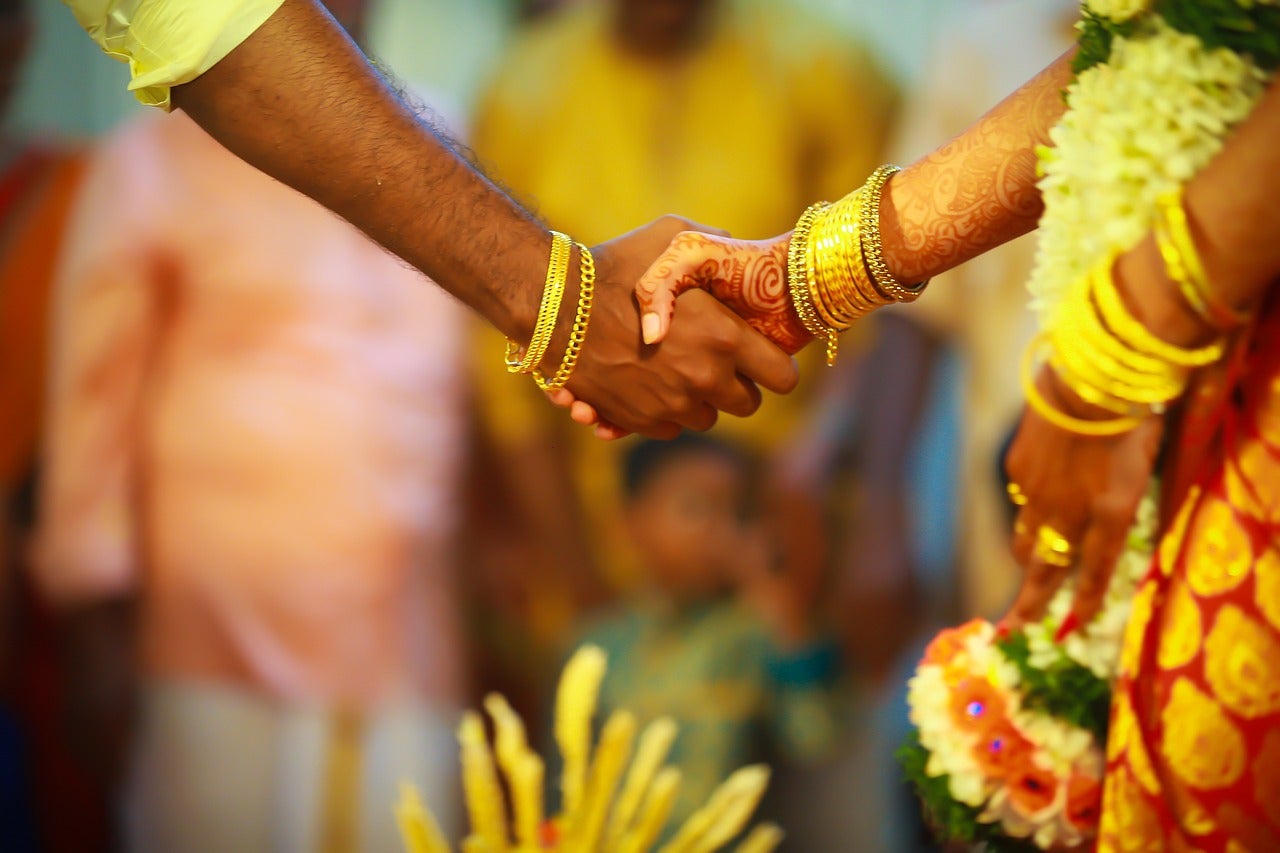New Ruling in Gujarat Requires Parental Consent for Love Marriages – Upholding Tradition or Impinging on Personal Freedom in 2023?

New Ruling in Gujarat Requires Parental Consent for Love Marriages – Upholding Tradition or Impinging on Personal Freedom in 2023?
In a recent and controversial development, the state of Gujarat has enacted a new ruling that may have significant implications for couples seeking to marry for love. According to this ruling, individuals wishing to enter into a love marriage must obtain the consent of their parents before tying the knot. This decision has sparked heated debates across the state, with proponents praising it as a means to uphold traditional family values, while critics argue that it infringes upon personal freedom and individual choice.

The ruling, which was introduced by the Gujarat government, has stirred emotions among both the older generation, who believe in the sanctity of arranged marriages, and the younger generation, who seek to assert their autonomy in matters of the heart. The government’s stance seems to be rooted in preserving traditional customs and family bonds, which have been the bedrock of Gujarati society for centuries.
Supporters of the ruling emphasize that parental consent is not an alien concept in Indian society. In fact, it has been a prevalent practice for generations, especially in the context of arranged marriages, which still dominate many parts of the country. They argue that this requirement aims to strengthen familial ties and reduce the risk of family disputes arising from differences in social status, caste, religion, or economic backgrounds between the partners.
“We must safeguard our cultural heritage and ensure that our traditions endure the test of time. Seeking the blessings of parents is a mark of respect for our elders and the wisdom they bring,” says Meera Patel, a staunch supporter of the ruling.

However, critics of the ruling contend that it infringes on individual freedoms and autonomy. They argue that love, by its very nature, is a personal and intimate emotion, and enforcing the requirement for parental consent may lead to forced marriages, emotional distress, and even domestic abuse in cases where parents are unsupportive of the union.
“Love should not be bound by societal norms or parental approval. The right to choose one’s life partner is a fundamental human right, and this ruling is an intrusion into our personal lives,” argues Rajesh Sharma, a vocal opponent of the new regulation.
Moreover, critics raise concerns about the potential for discrimination and bias in granting consent. They fear that parents might withhold approval based on factors such as caste, religion, or financial status, leading to further social divisions and marginalization of vulnerable communities.
In response to the widespread outcry, the Gujarat government has attempted to clarify that the ruling is not meant to be oppressive or restrictive but aims to strike a balance between traditional values and individual liberties. Officials emphasize that the consent requirement is intended to promote dialogue and understanding between generations, rather than curbing personal choices.
However, many believe that the new ruling may have unintended consequences, especially for young couples who have limited financial independence or face conservative family dynamics. Advocates for women’s rights express particular concern about the potential impact on women, as parental consent requirements may perpetuate gender inequality and restrict women’s agency in choosing their life partners.
The legal implications of this ruling are also being closely examined. Legal experts weigh in on whether the requirement for parental consent infringes on the right to privacy, which has been upheld as a fundamental right by the Indian judiciary. The courts may be faced with the delicate task of balancing cultural traditions and individual rights in their interpretation of the ruling.
As the debate continues to unfold, it is evident that the new ruling on love marriages in Gujarat has ignited a broader conversation about the intersection of tradition and personal freedom in modern Indian society. This issue goes beyond the borders of Gujarat and reflects a nationwide struggle to reconcile the values of an ancient civilization with the aspirations of a progressive and diverse population.
The final outcome of this ruling’s implementation remains uncertain, but it has already acted as a catalyst for introspection and debate within Indian society. It has compelled individuals to confront their beliefs, challenge societal norms, and reflect on the evolving dynamics of relationships in a rapidly changing world.
In conclusion, the issue of parental consent for love marriages in Gujarat touches upon profound questions about cultural identity, individual autonomy, and the delicate balance between tradition and modernity. As the debate continues, it is essential for all stakeholders to engage in open dialogue and strive for a solution that respects both cherished customs and the right to personal freedom and choice. Only through such constructive conversations can society move towards a more inclusive and harmonious future for generations to come.




